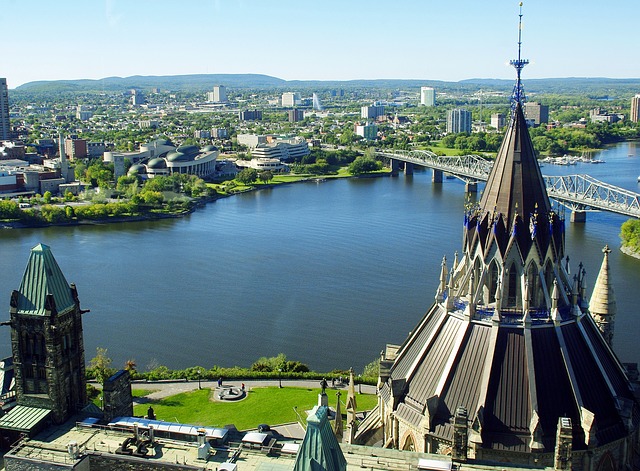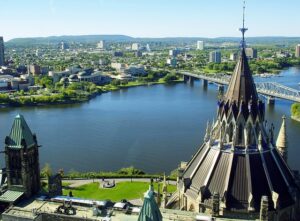“Staycation Tax Credit” urges Ontarians to vacation locally
The ups and down of the last two years may have many of us thinking it’s time to take a break and get away. However, the rise in Covid infections, the constantly changing requirements for travel and fears of getting stuck in a foreign country have many of us opting for a vacation destination closer to home. This year, Ontario has made the “staycation” more attractive for residents.
As of January 1, 2022, any Ontario resident can claim 20% of their eligible 2022 accommodation expenses (up until December 31, 2022) through the Ontario Staycation Tax Credit. That means, any resident who books a short-term accommodation (less than one month and for leisure-related purposes) like a hotel, cottage, campground or resort in Ontario can claim up to a maximum of $1,000 per person or $2,000 per family.
Providing all conditions are met, individuals could get back up to $200 per person or $400 per family. The only caveat is that the tax credit is temporary. Since the tourism industry is a key economic driver in Ontario, the tax credit aims to encourage families to explore their province. Some view the incentive as a much-needed boost for the tourism and hospitality sector struggling to recover from the financial impacts of Covid-19.
Prior to the pandemic, the tourism sector generated over $38 Billion (2019) of economic activity for Ontario and supported roughly 400,000 jobs. But, the industry has been among those most affected by the pandemic. Between August 2019 and August 2021, data from a Statistics Canada Labour Force Survey suggests that about 94,000 jobs were lost in tourism-related industries.
While some see the tax credit as a great incentive to help the industry rebound, critics argue it comes too late and should have been introduced last year. Back in 2020, the Ontario government initially proposed 2021 as the “year of the Ontario Staycation”. The Ontario Tourism Recovery Program offers supports to eligible businesses that have experienced significant losses in the wake of Covid-19, but the Ontario Travel Tax Credit was deferred until this year.
According to HelloSafe, a Canadian-based online insurance policy comparison platform, 2022 could be the year for the tourism industry to bounce back. Using Statistics Canada and provincial government figures, the company’s data analysts suggest Ontario tourism revenues dropped by $24.9 Billion (B) in 2021 compared to 2019. Furthermore, Ontario appears to have suffered the most losses in all of Canada, ahead of British Columbia at a loss of $10.1 B, Quebec at $8.2 B and Alberta at $3.7B.
This year may be the one that restores the confidence among travellers, even if it is locally. So far, more than 88% of eligible Ontarians have received two doses of a Covid-19 vaccine and the rate of booster doses are on the rise. The tax credit incentive may be the additional nudge to further help the recovery along.
The data analysts project Ontario tourism revenues to range between $29 B and $31 B in 2022 but caution it will likely be 2023 or 2024 before the industry reaches pre-pandemic levels.
Photo credit: Bezalb, Pixabay




